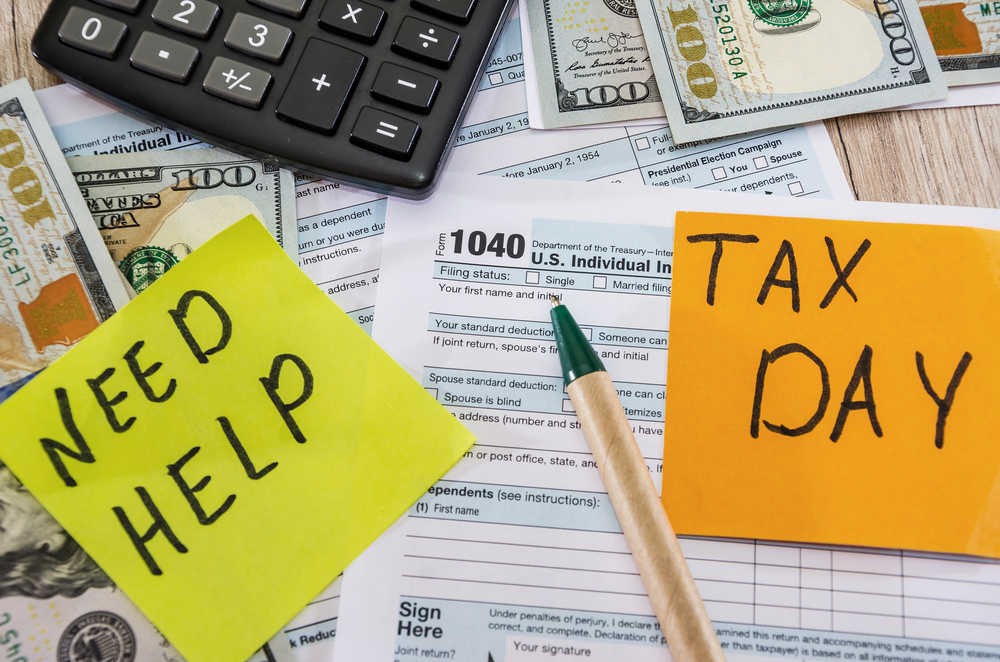The Business Extension Deadline Is Coming: Here Are Some Tips for Filing on Time
Peacock & French CPAs
Sep 01, 2024

As the business tax extension deadline approaches, many business owners find themselves scrambling to gather the necessary documentation, complete forms, and ensure everything is in order before they file. Missing this deadline can result in penalties and interest charges, so it's crucial to be well-prepared. Keep reading for a few of our essential tips to help you file your business taxes on time and avoid any last-minute stress.
Understand the Importance of the Extension Deadline
The tax extension deadline for businesses is typically six months after the original filing deadline. For example, if your business taxes were originally due on March 15, the extended deadline would fall on September 15. This extension is not an additional time to pay any taxes owed but merely to file the paperwork. If you fail to file by the extended deadline, your business may face penalties and interest on the unpaid tax amount.
It's important to note that the IRS expects businesses to make an estimated tax payment when they request an extension. If you haven't done so, it's critical to calculate any potential tax liability and make the payment as soon as possible to avoid further complications.
Gather and Organize Your Financial Documents
One of the most time-consuming aspects of filing business taxes is gathering and organizing all the necessary financial documents. To file accurately, you'll need a comprehensive record of your business's income, expenses, deductions, and credits. Start by ensuring you have the following documents:
- Profit and Loss Statement: This statement shows your business's revenue, expenses, and net income over the tax year.
- Balance Sheet: The balance sheet provides a snapshot of your business's financial position, including assets, liabilities, and equity.
- Receipts and Invoices: Gather all receipts and invoices related to business expenses, as these will be crucial for claiming deductions.
- Bank Statements: Ensure that your bank statements are reconciled and accurately reflect your business transactions.
- Payroll Records: If you have employees, you'll need payroll records to account for wages paid, taxes withheld, and other related expenses.
Organizing these documents early will save you time and reduce the risk of errors when preparing your tax return.
Review the Tax Forms You'll Need
Filing business taxes requires the use of specific forms, which vary depending on your business structure. Below are the most common forms associated with different types of businesses:
- Sole Proprietorship: Use Schedule C (Form 1040) to report income or loss.
- Partnership: File Form 1065, U.S. Return of Partnership Income, and issue Schedule K-1 to each partner.
- Corporation: C corporations file Form 1120, while S corporations file Form 1120S.
- Limited Liability Company (LLC): The filing requirements for an LLC depend on how the business is taxed. Single-member LLCs typically file as sole proprietorships, while multi-member LLCs file as partnerships or corporations.
Make sure you have the correct forms and instructions for your business type. If you're unsure which forms to use, consult with a tax professional.
Double-Check Deductions and Credits
Maximizing deductions and credits is key to reducing your tax liability, but it's important to ensure that you're claiming all eligible deductions and credits without overstepping IRS guidelines. Common business deductions include:
- Operating Expenses: These are the costs necessary to run your business, such as rent, utilities, and supplies.
- Salaries and Wages: The compensation you pay to employees, including benefits and payroll taxes, is deductible.
- Depreciation: Deduct the cost of business assets like equipment and vehicles over time through depreciation.
- Business Travel: Expenses related to business travel, including transportation, lodging, and meals, are deductible.
Additionally, consider any tax credits your business may be eligible for, such as the Research and Development (R&D) Tax Credit or the Small Business Health Care Tax Credit. Reviewing these opportunities with a tax professional can help ensure you're taking full advantage of them.
Plan for Future Tax Years
As you finalize your tax return for this year, take the opportunity to plan for the future. Consider setting up a system that will make next year's tax season smoother. This might include:
- Implementing Accounting Software: Using accounting software can help you track income, expenses, and other financial data throughout the year, making tax preparation easier.
- Quarterly Tax Payments: If your business has a significant tax liability, consider making quarterly estimated tax payments to avoid a large payment due at the end of the year.
- Tax Planning Strategies: Work with a tax professional to develop strategies that can help reduce your tax liability in future years, such as retirement plan contributions or deferring income.
Seek Professional Assistance if Needed
Filing business taxes can be complex, and it's important to get it right to avoid penalties and interest. If you're feeling overwhelmed or unsure about any aspect of your tax filing, it's wise to seek the assistance of a tax professional. The team here at Peacock & French CPAs possesses decades of knowledge and experience in handling business tax returns. Contact us today to schedule a meeting with a tax professional, and we’ll help you get your return filed quickly and accurately.